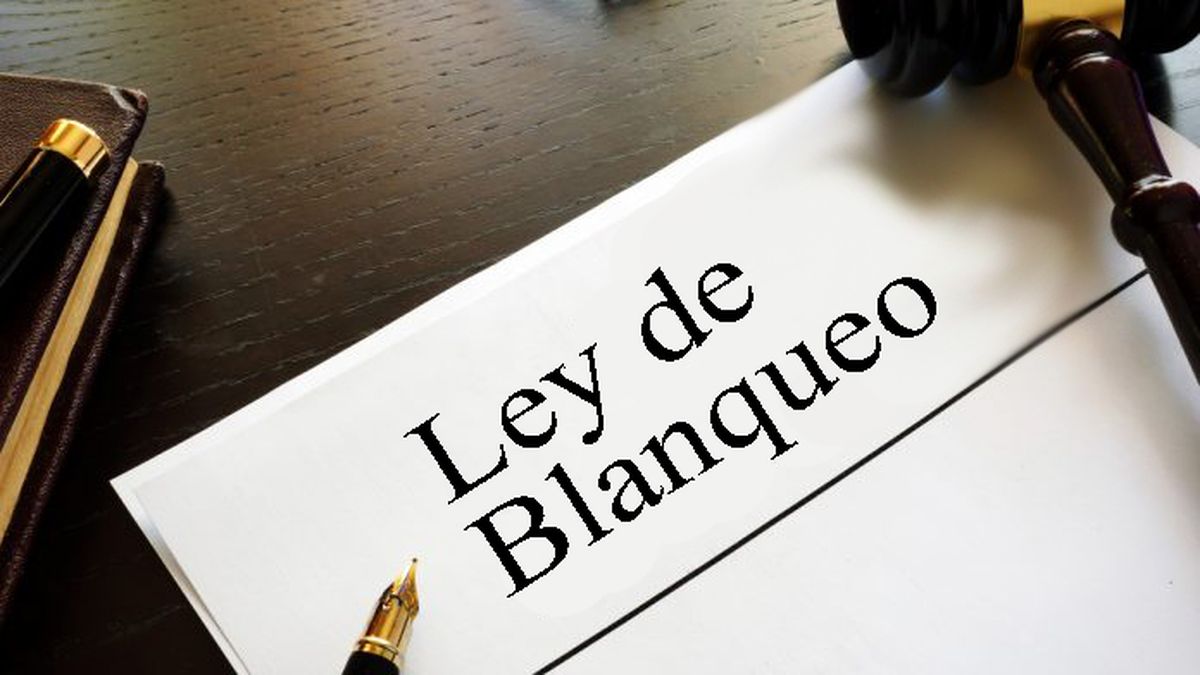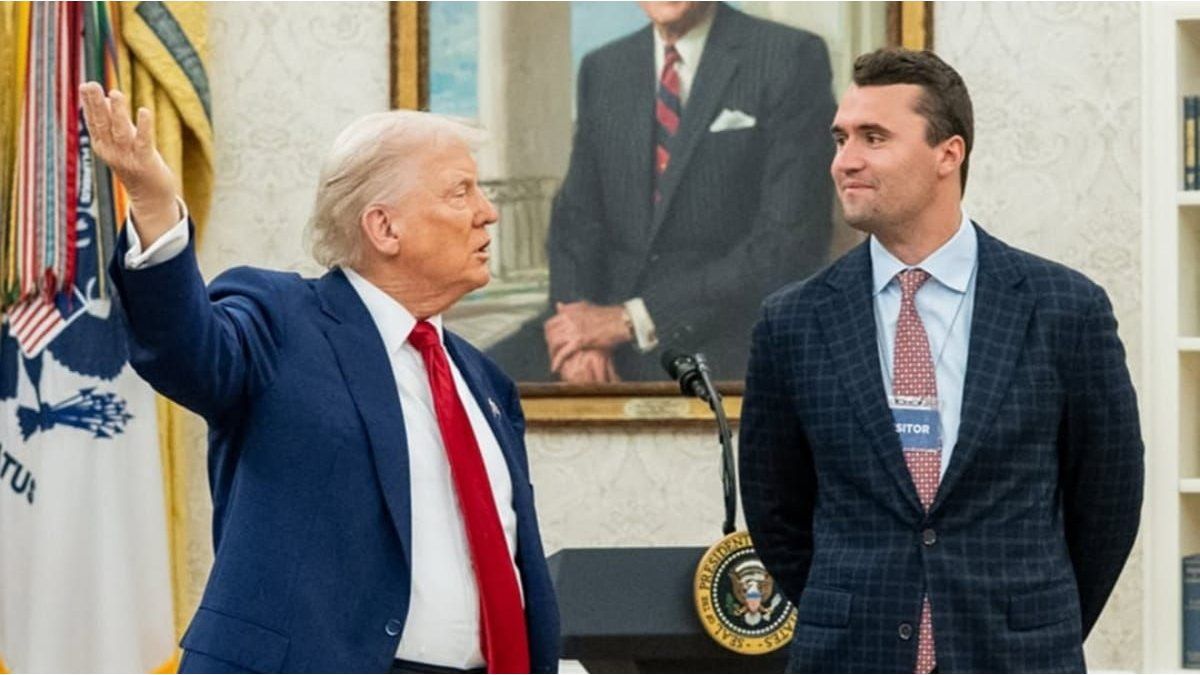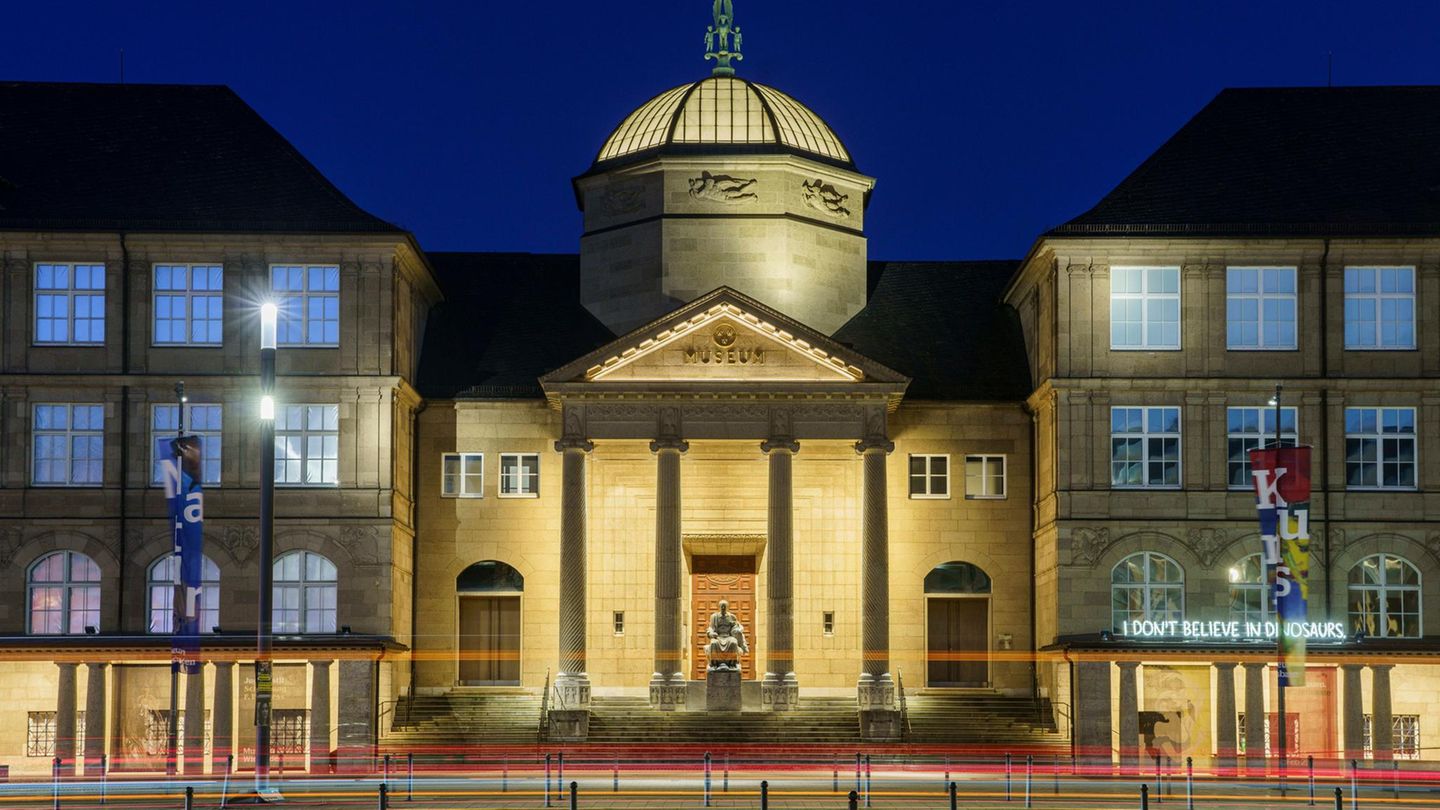Taxpayers who are going to enter or who have already entered the money laundering launched by the national Government They must take into account that they may be subject to claims from 16 provincial tax authorities. once they have joined and declared their holdings.
This means that once you have disclosed your dollars or assets, you will likely receive a note from your district’s collection agency, indicating that Laundered goods may be the result of unregistered invoicing and therefore would have to pay Gross Income.
Only taxpayers of Mendoza, Neuquen, Chubut, Entre Rios, Tucuman, Rio Negro, Chaco and Misiones They will be safe from this because the governors of these provinces have promoted laws to adhere to national money laundering.
In the case of Mendoza, the Legislature approved an initiative that “seeks to facilitate those who regularize their assets to reinvest those funds, reactivating key productive sectors” of the province. It will only be applicable to taxpayers with no debts accrued in provincial taxes until December 31, 2024.
For its part, the law of Misiones says in its article 2 that “Within the framework of National Law No. 27,743, Palliative and Relevant Fiscal Measures, an Asset Regularization Regime is established for legal entities, natural persons and undivided estates, registered or not before the General Revenue Directorate of Misiones, which have externalized asset ownership in accordance with the aforementioned law and which, as a result, are within the scope of taxation jurisdiction in charge of the General Revenue Directorate, within a period that extends from its validity and until April 30, 2025 inclusive, with the power of extension by the provincial Executive Branch in the event that the validity of the national Regime is extended.”
Whitewashing: the options of the provinces
Many provinces have not yet given any sign of wanting to join the whitewashingwhich indicates that the governors want to keep some cards in reserve for the future, in case they need more funds. It should be remembered that since the provinces cannot collect taxes on foreign trade, this year they have registered a drop in revenue that is twice that of the Nation.
The law on Palliative and Relevant Fiscal Measures, which also established the moratorium, indicates that what was declared by the taxpayers after It cannot be used by the AFIP to claim taxes from previous periods.
Recently the collecting agency He had to clarify that the single tax was also excluded, because if he did not do so, the small taxpayer who laundered his wealth would be left exposed to possible recategorization and exclusion from the simplified regime.
Among the most important districts, since Together they account for almost half of the GDP, as is the case of the Province of Buenos Aires, the City of Buenos Aires and Santa Fe, they are not affiliatedIn the case of the province of Buenos Aires, Governor Axel Kicillof is directly against it, while in Santa Fe, Maximilano Pullaro fears that money laundering will be used for activities linked to money laundering.
Source: Ambito
David William is a talented author who has made a name for himself in the world of writing. He is a professional author who writes on a wide range of topics, from general interest to opinion news. David is currently working as a writer at 24 hours worlds where he brings his unique perspective and in-depth research to his articles, making them both informative and engaging.




